Lead ads, in particular, offer a way to capture potential customers directly and engage with them. In this tutorial, you will learn step by step how to run lead ads on Facebook and make the most of various options. So let's dive in and work on these valuable strategies.
Key Insights
- Use clear and concise names for campaigns, ad sets, and ads to facilitate organization.
- Utilize the appropriate audience settings to target your ads effectively.
- Choose the right type of forms (higher volume vs. higher purchase intent) based on your goals.
- Ensure that your form is compliant with data protection regulations and provides clear information on data privacy.
Step-by-Step Guide
Below, I explain the steps to create an effective lead ad on Facebook.
Step 1: Access the Ad Manager
Start by accessing the Ad Manager in your Facebook account. You can do this through the top menu where you click on "Ads Manager."
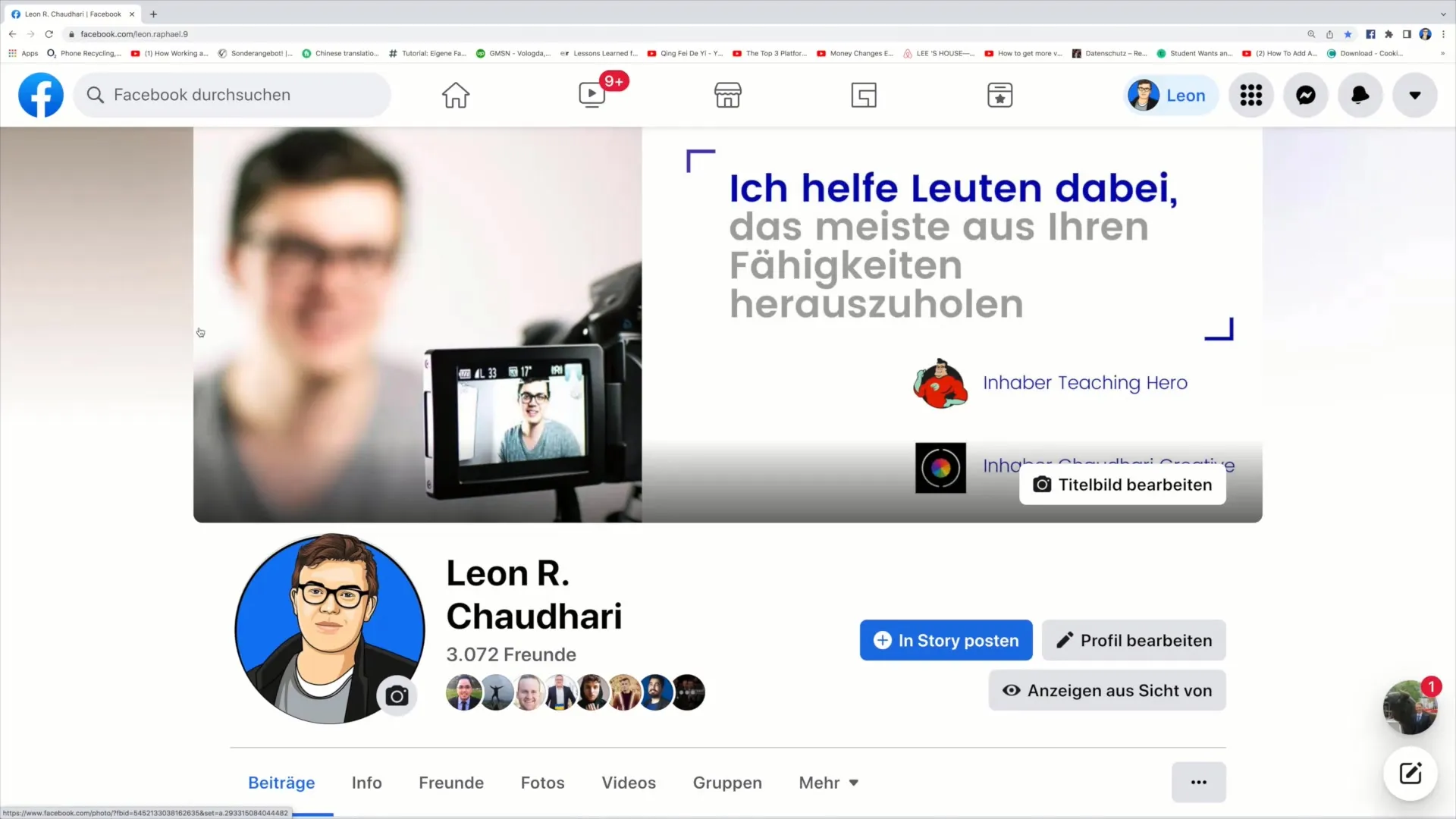
Step 2: Select Lead Generation
Once you are in the Ad Manager, select the option for lead generation. Scroll down a bit until you find this option and click on it.
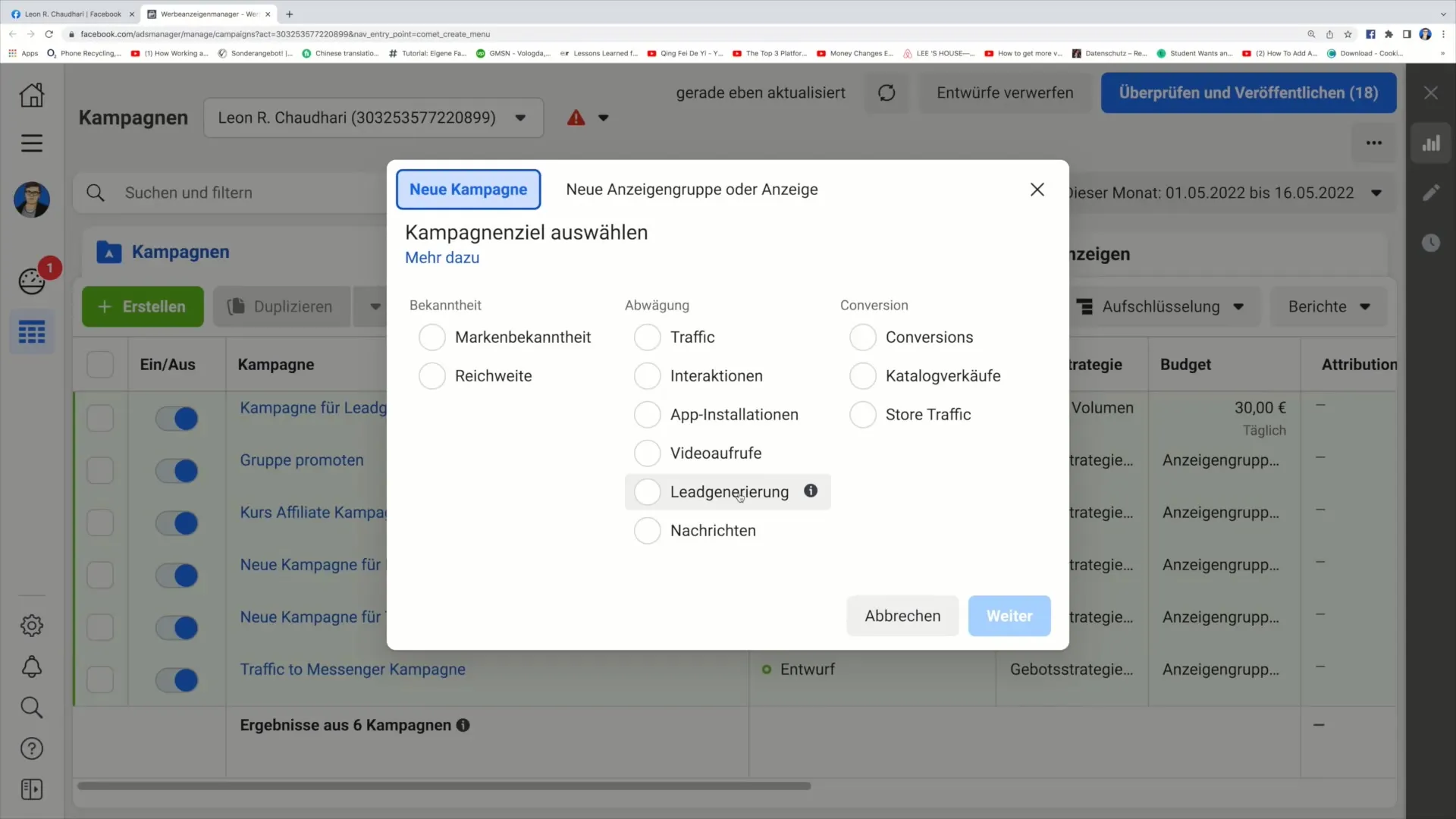
Step 3: Set Campaign Name
In the first step of creating your ad, you must set a unique name for your campaign. Choose a name that clearly reflects the purpose of your campaign – for example, "Lead Campaign."
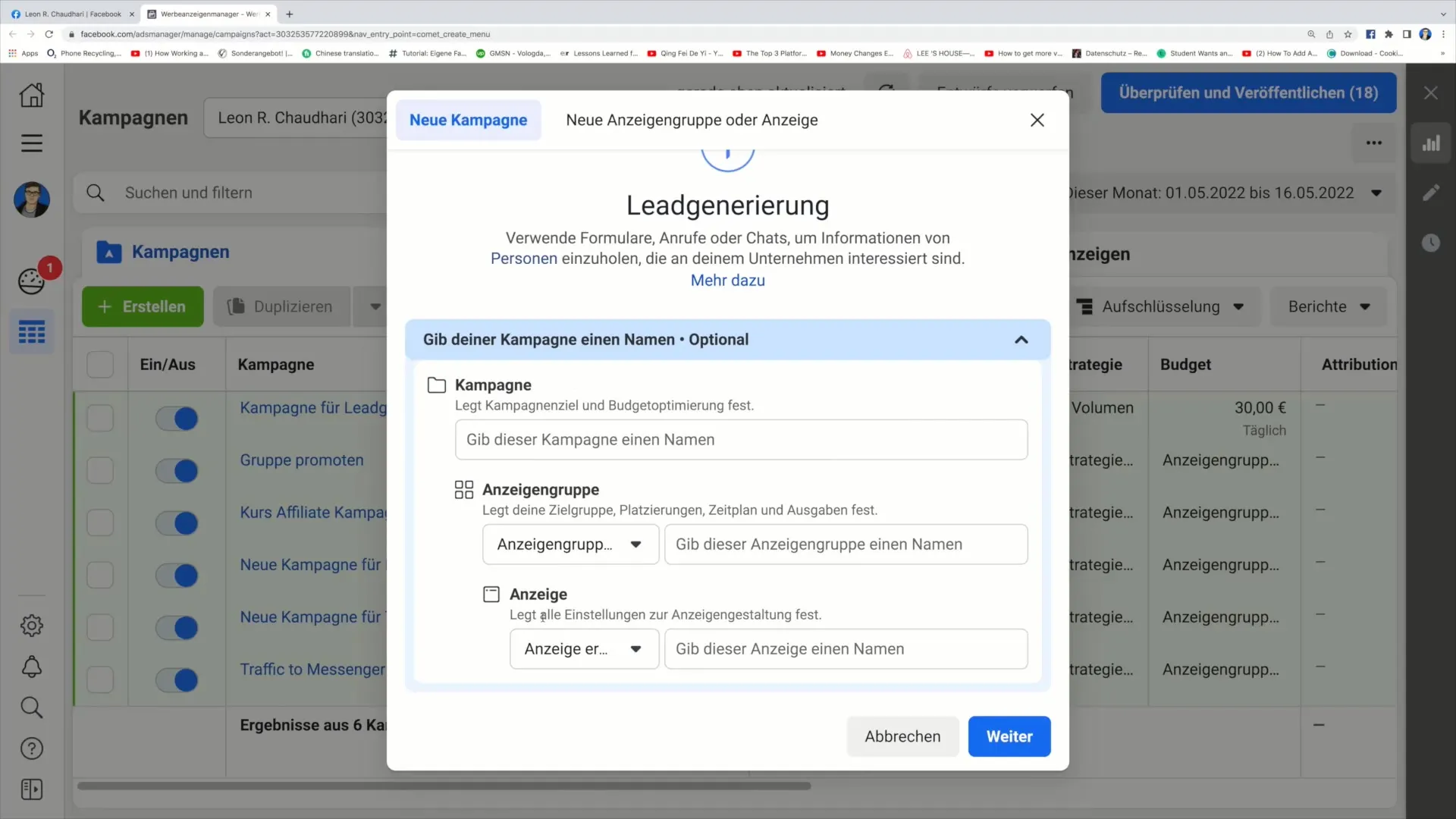
Step 4: Name Ad Set
Next, name your ad set. Here you can use specific labels to clearly define your target audience – perhaps by interest or region.
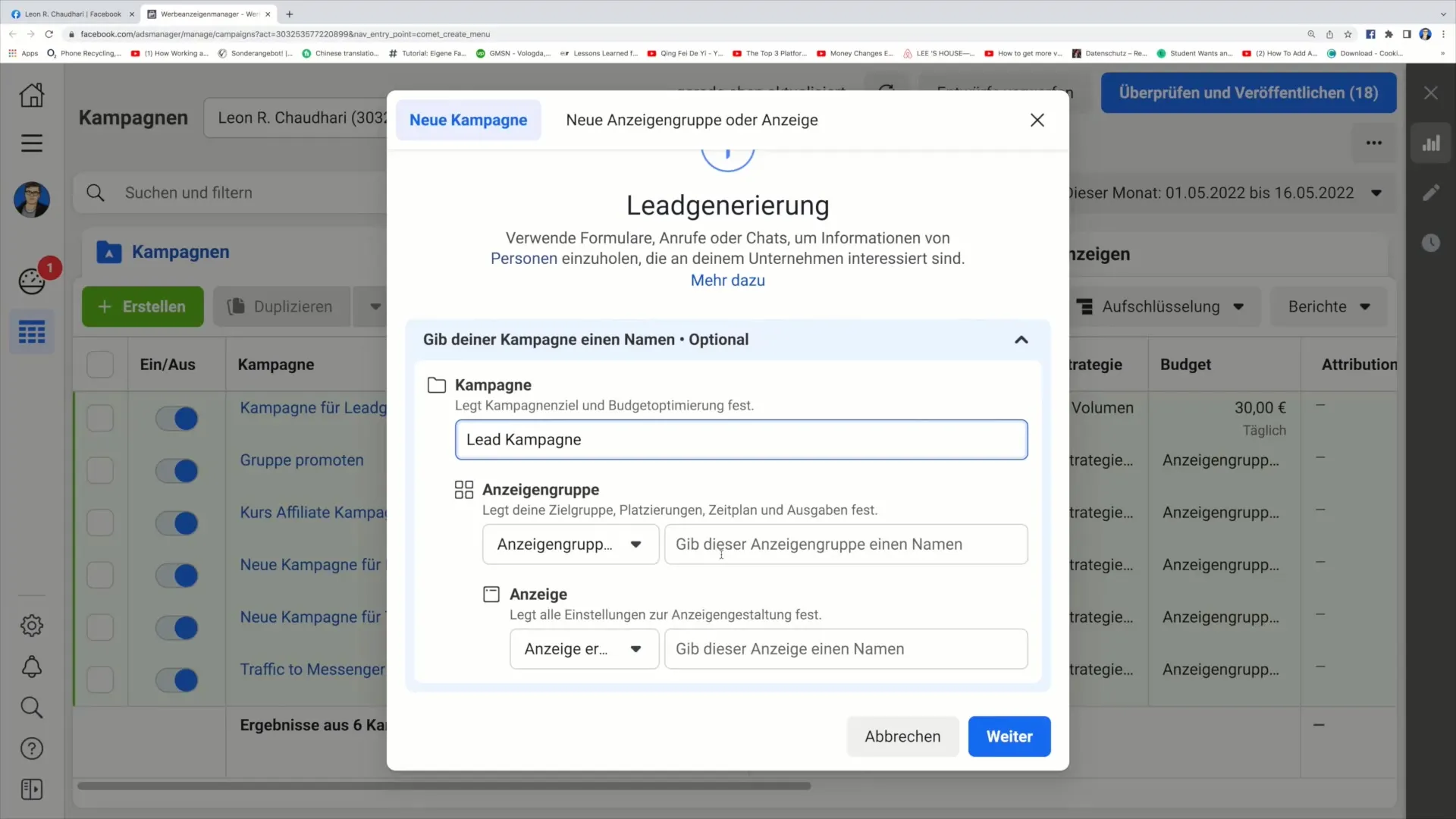
Step 5: Choose Additional Options
Click continue and scroll down to the options for your campaign, including the budget option. Here you can choose how much you want to spend daily, for example, a maximum of €50 per day.
Step 6: Select Instant Forms
Now comes an important step: select the "Instant Forms" option to enable direct contact with potential customers. This is crucial for generating leads that are fully interested.
Step 7: Ad Placement
Here, you determine where your ad should appear. You have the option to choose various placements such as Facebook Feed, Instagram Feed, and more.
Step 8: Choose Ad Format
Now, determine the format of your ad. Whether a single image or a carousel – consider which format best suits your product or service. For E-Commerce, the carousel format is often very beneficial.
Step 9: Create Ad Design
Add the chosen media and edit it, if necessary, to make the right resizing adjustments. Now is the time to create the primary text of the ad – make sure it is engaging and informative.
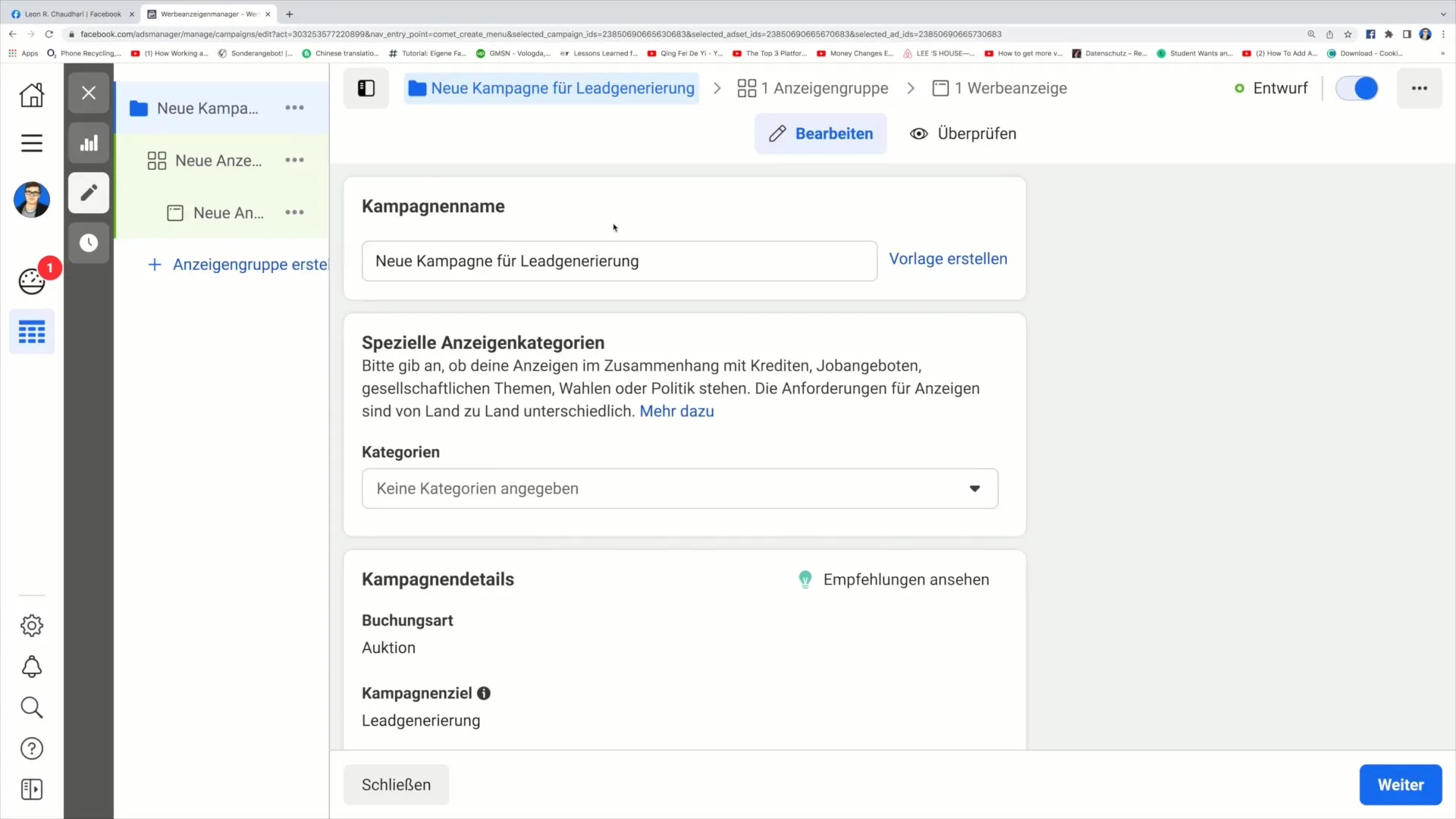
Step 10: Select Call-to-Action (CTA)
Another important aspect is the Call-to-Action button. Choose a striking CTA like "Learn More" or "Book Now" to encourage potential customers to take action.
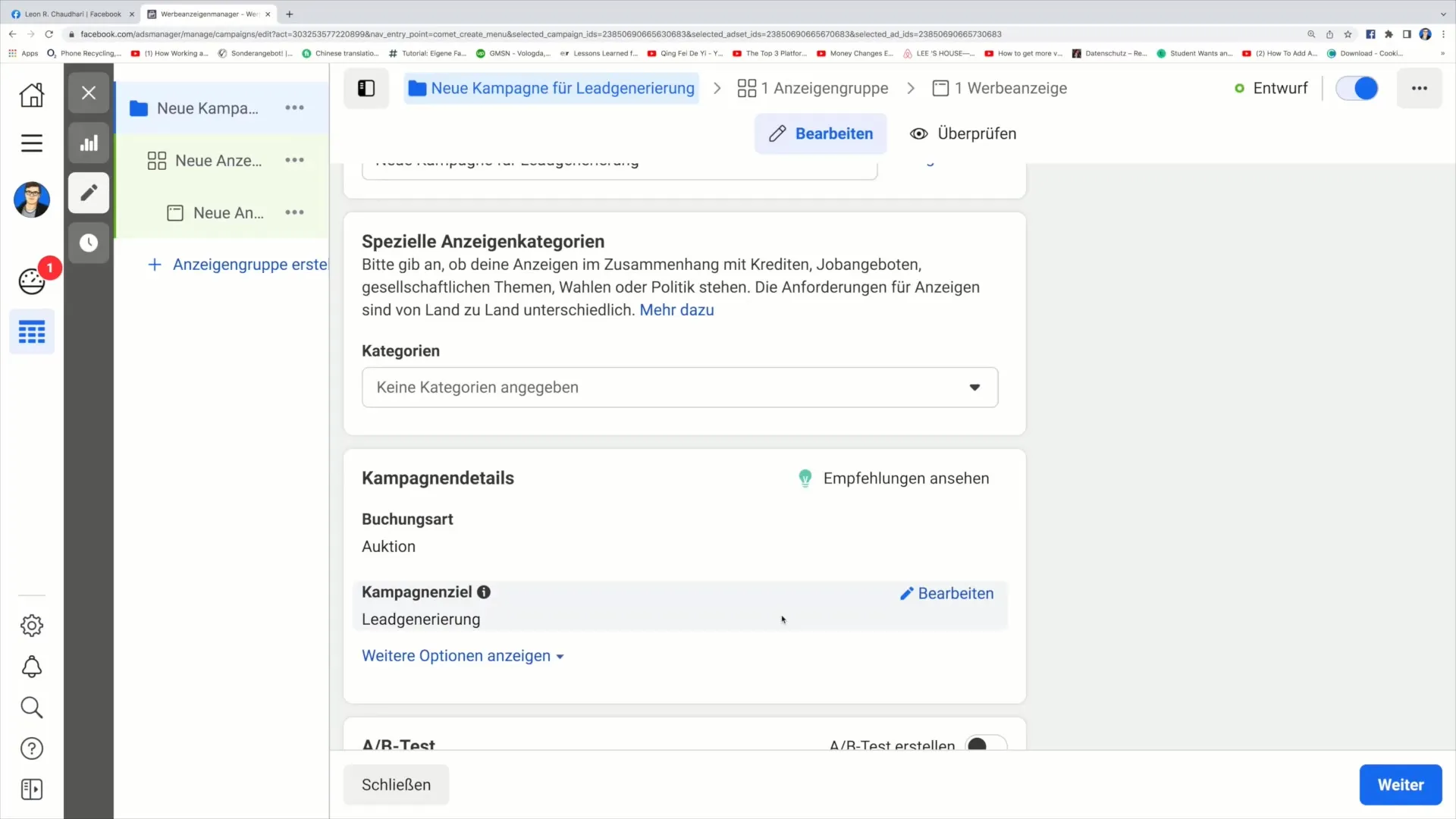
Step 11: Create Form
Next, click on "Create Form." Here you can customize the form name and select the type of form. I recommend choosing the "higher volume" option to improve conversion rates, as the process is easier for the user.
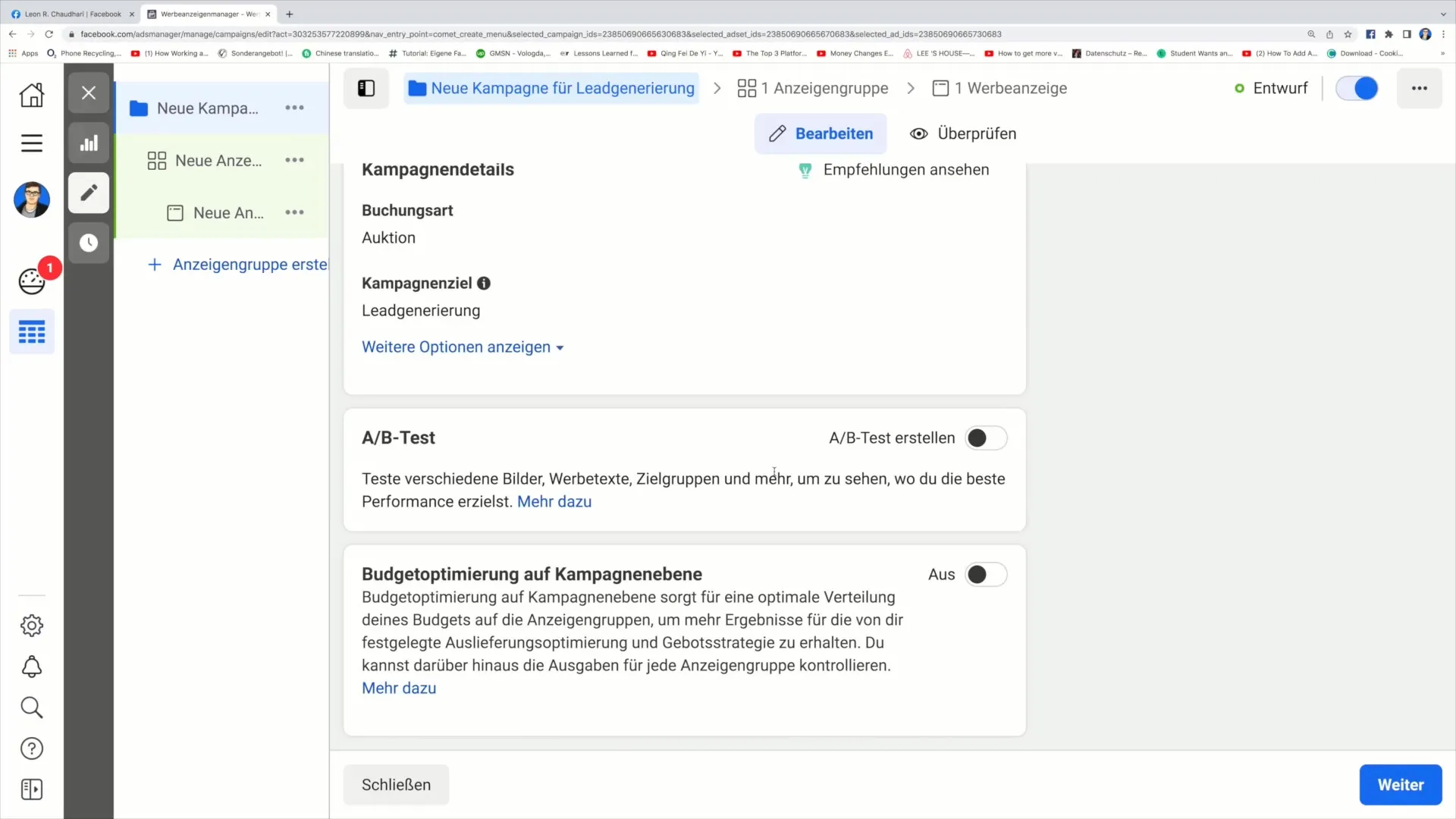
Step 12: Adding Questions and Information
Add questions to obtain relevant information from the leads. You can insert simple questions, multiple-choice questions, or specific contact fields such as email and name.
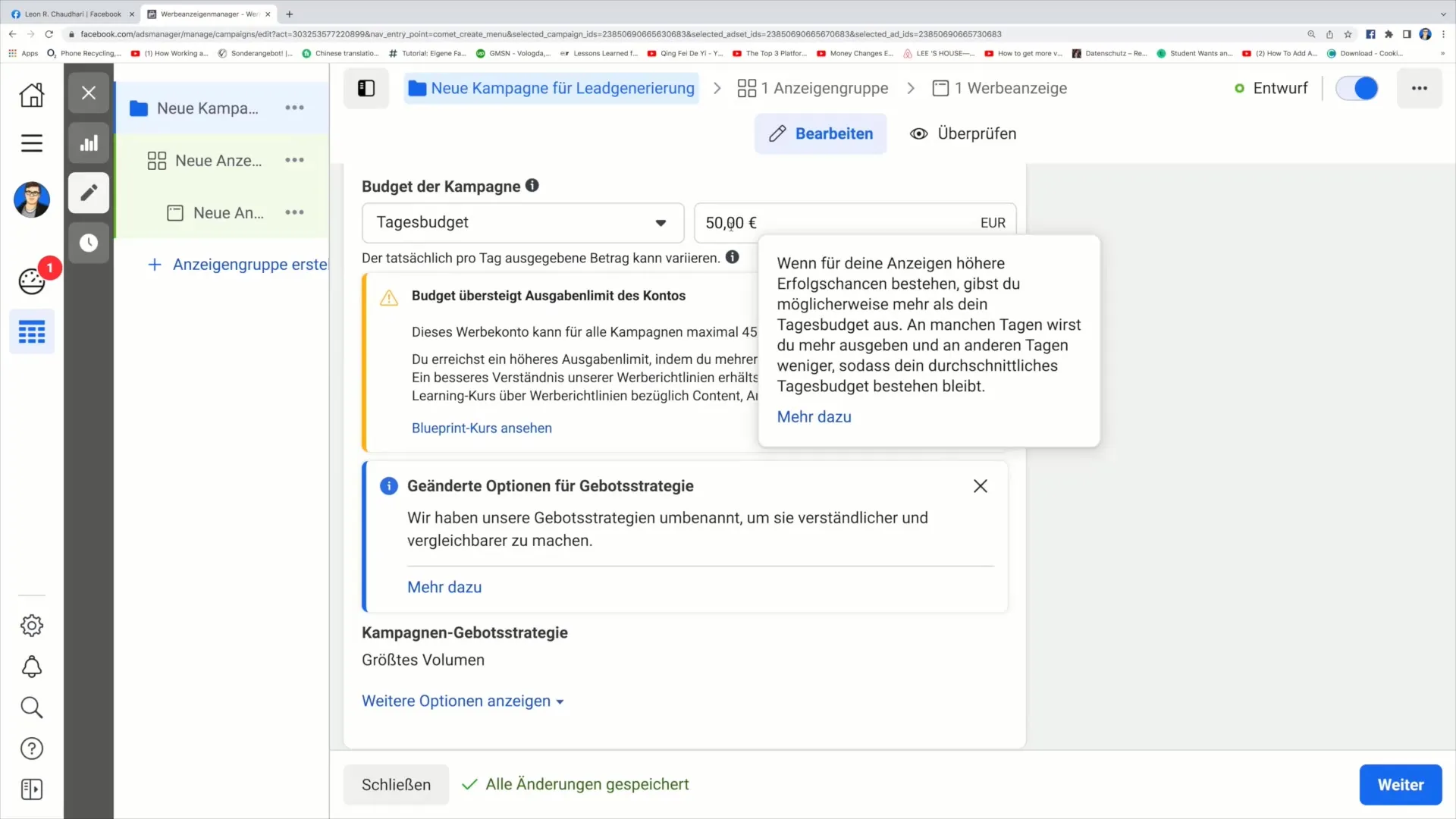
Step 13: Adding Privacy Policy
It is important to include a link to your privacy policy to comply with legal requirements and gain the trust of users.
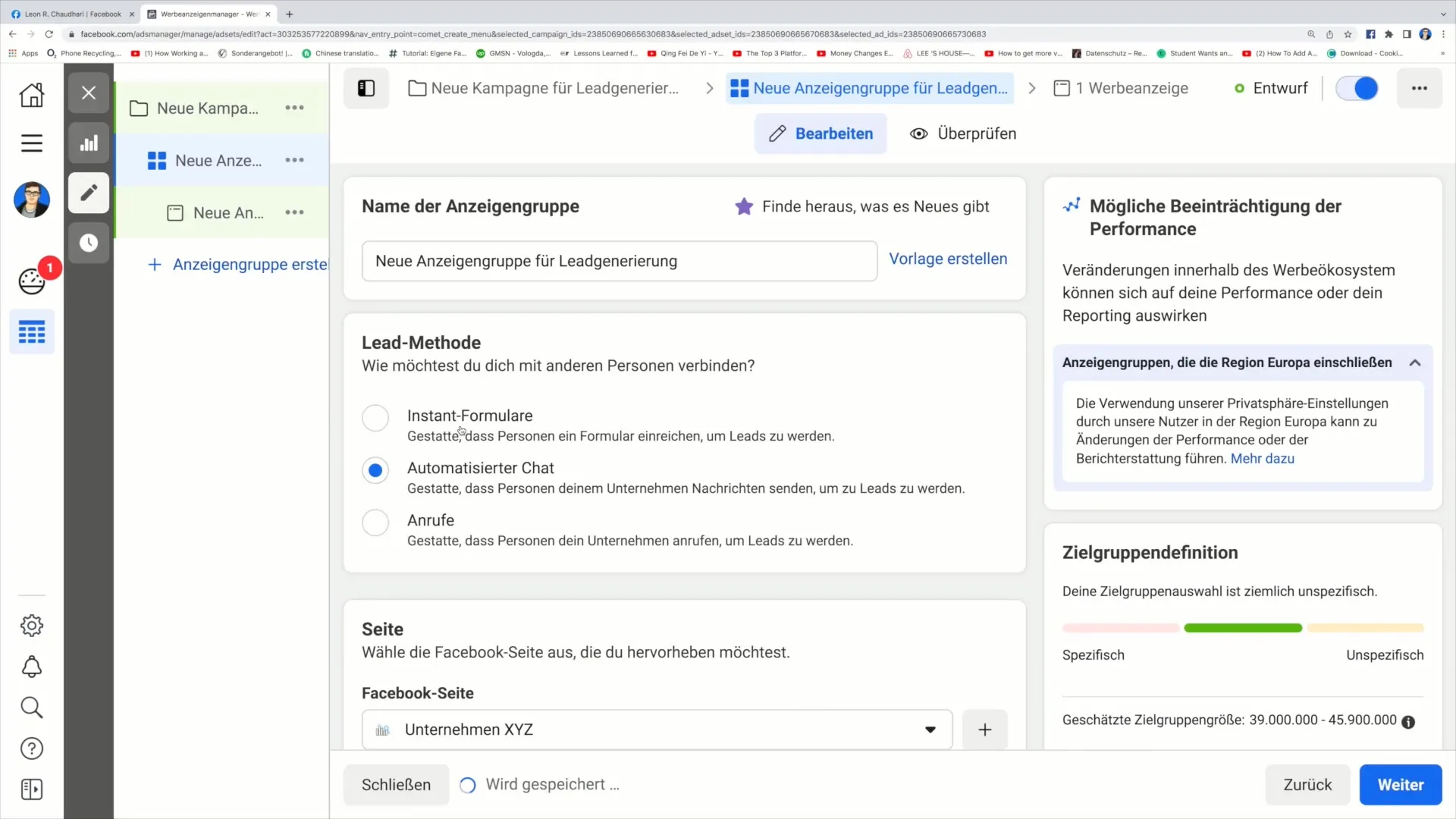
Step 14: Completing the Ad
Add a final message encouraging potential customers to fill out the form. You can also include a link to your website here.
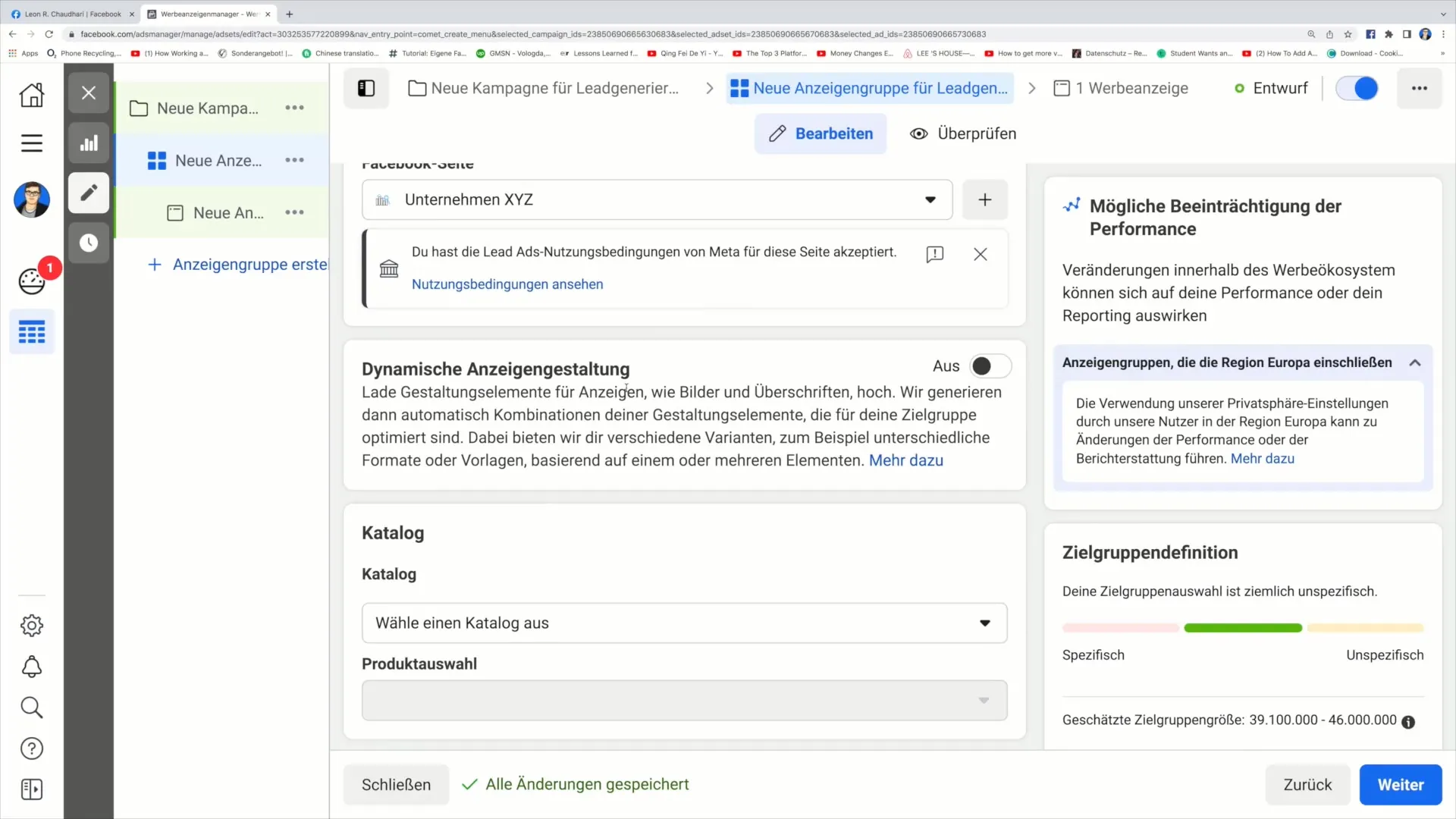
Step 15: Publishing the Form
Once all settings are made, scroll down and click on "Publish." This will save the form and make it ready for the next campaign.
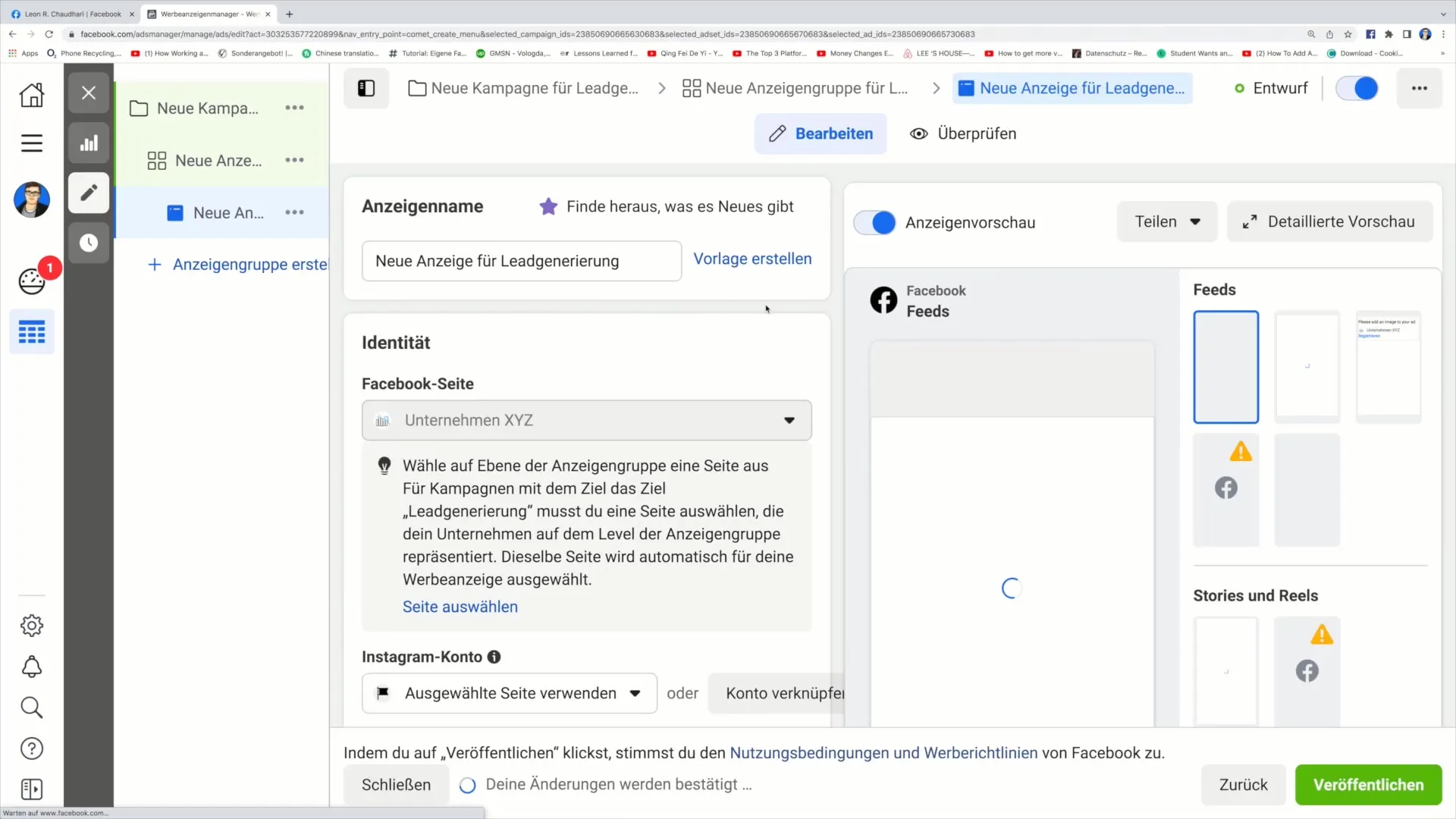
Summary
Creating lead ads on Facebook is an effective way to connect with an interested audience. Today you have learned the importance of proper naming, selecting the form type, and creating an appealing design to generate leads.
Frequently Asked Questions
How can I better define my target audience?Use demographic data, interests, and behaviors to select a specific audience.
What are Instant Forms and why are they important?Instant Forms allow for uncomplicated and quick collection of contact information from prospects.
How does the campaign name impact performance?A clear and specific campaign name helps improve performance and campaign traceability.
What should I consider regarding data privacy?Ensure you meet all legal requirements and transparently inform about data usage.
Which budget options are best for ads?The budget should be flexible and align with your marketing goals. A daily budget of €50 is a safe start.


